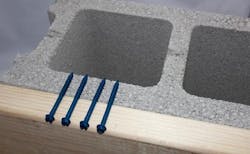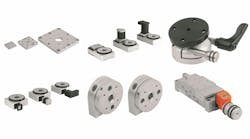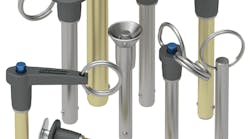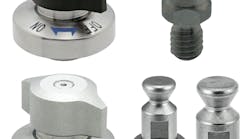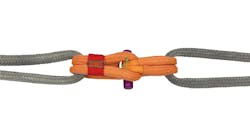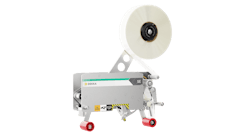When a Blue Screw is Not a Tapcon
“A customer asking to purchase a Tapcon is like a sneezing person asking to be handed a Kleenex,” said Bob Carlisle, founder and president of Concrete Fastener Systems, Inc. “In both situations, the general population has adopted the use of a popular, specific brand name to refer to a wide variety of products on the market.”
“When customers need a concrete masonry fastener, they may want the original blue Tapcon,” he continued. “Chances are that they don’t realize a Tapcon is a brand name for the original blue masonry fastener patented in 1976 by ITW Buildex.”
“Kleenex names one type of a tissue in a market that sells numerous brands of tissue,” Carlisle explained. “And Tapcon names one type of masonry fastener in a market that sells numerous brands of blue masonry fasteners.”
The name “Tapcon” was derived from its ability to “tap” its thread into “con”crete, block and brick. There was only one Tapcon sold on the market until its patent expired, which allowed other companies to imitate this versatile, high-quality screw.
“It is important to distinguish between a true, original Tapcon and a self-tapping blue masonry screw,” explained Carlisle. “The better threads on Tapcon allow this screw to be installed quickly and efficiently.”
Additional reasons why customer might purchase the original blue Tapcon include that they are manufactured in the United States, and own a reputation for quality reflected from over one billion sold. It offers Patented Advanced Threadform Technology to reduce head snapping, 30% lower installation torque and 20% more holding power. The Climaseal coating on a Tapcon creates an ability to withstand harsh environments. It is also Miami Dade County approved.
Not every application will warrant the additional expense associated with Tapcon. In many non-critical applications, the other blue masonry screw brands will satisfy the requirements. For example, if a 2x4 needs to be fastened to concrete then a blue masonry screw is more economical; if a window needs to be fastened to concrete on the top floors of a high-rise then the use of the original blue Tapcon might be deemed necessary.
